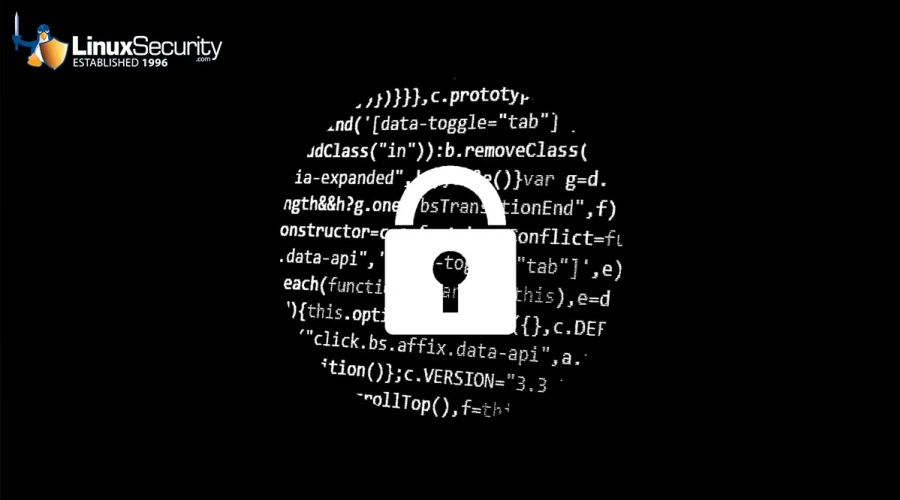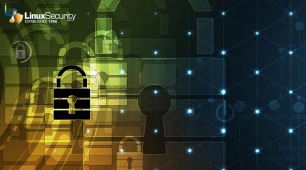
A severe use-after-free vulnerability has been found in Chromium (CVE-2023-5472), which could allow a remote attacker to potentially exploit heap corruption via a crafted HTML page. This vulnerability, which Chromium has rated as “high-severity”, is related to a bug in the webRTC (Real-time Communication) functionality.
What Is This Vulnerability?
This Chromium browser vulnerability stems from a "use-after-free" issue in Profiles. In simple terms, this means that a specific portion of memory could be accessed after it has been freed, leading to potential exploitation by remote attackers. An attacker could manipulate heap corruption through a specially crafted HTML page if successfully exploited. The consequences may range from unauthorized access to your personal information to more severe damage to your system.
In the context of a web browser, a "Use-After-Free" vulnerability exposes users to potential exploitation when the browser tries to access a portion of the memory that has already been freed. It is akin to accessing and modifying a borrowed book that has been returned to the library—this could cause crashes or, in more severe cases, allow an attacker to execute malicious code in the user's system.
How Does This Vulnerability Affect My Linux Systems?
This vulnerability impacts all users running unpatched versions of the Chromium browser. Exploiting this vulnerability could potentially allow attackers complete control over the affected browser, compromising user data and exposing sensitive information.
What Can I Do To Stay Safe?
As always, taking action is crucial. To protect yourself from this vulnerability, ensure your Chromium browser is updated to the latest version. Debian, Fedora, Mageia, and openSUSE have released important advisory updates addressing this vulnerability. Updates often include essential security patches designed to address vulnerabilities like these. Download updates only from the official Chromium website or your OS’s package manager, guaranteeing the authenticity and safety of the update.
Consider utilizing a trusted and regularly updated antivirus solution, as it can provide an extra layer of defense against similar threats. Additionally, maintain safe browsing habits – avoid clicking on suspicious links or downloading files from untrustworthy sources.
Your Digital Security Matters
To stay on top of essential updates released by the open-source programs and applications you use, register as a LinuxSecurity user, subscribe to our Linux Advisory Watch newsletter, and customize your advisories for your distro(s). This will enable you to stay up-to-date on the latest, most significant issues impacting the security of your systems.
Follow @LS_Advisories on X for real-time updates on advisories for your distro(s).
















